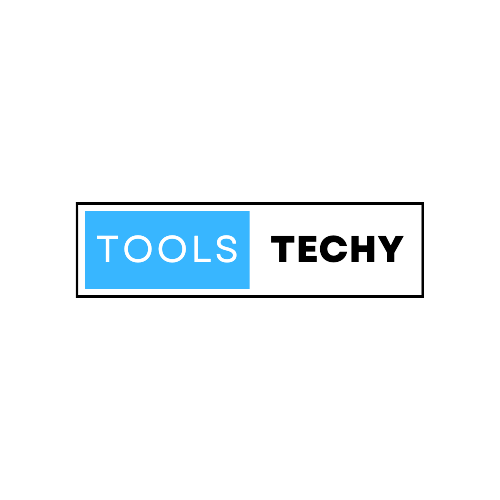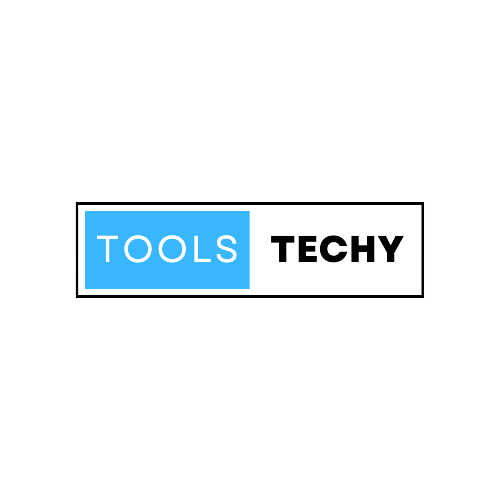10 commonly used AI tools that are being applied in various industries?
Man-made reasoning (simulated intelligence) has reformed numerous ventures by giving amazing assets and advancements that further develop productivity, development, and direction. Businesses could be able to optimize tasks, collect valuable information from their data and increase customer experience by using artificial intelligence tools. This article will explore some commonly used AI tools in different industries and their significant benefits.
TensorFlow
TensorFlow, the open source library which Google Brain has been developing, is one machine learning and deep learning tool that's used a lot.. It is widely used in industries such as healthcare for disease detection, finance for fraud detection, and the automotive industry as a flexible platform for designing and deploying machine learning models.
IBM Watson
IBM Watson's an intelligent computing engine, that is able to learn from huge amounts of unstructured data in order to provide valuable information. It is used in healthcare to make personalized treatment recommendations, in finance for risk assessment, and in customer service to improve customer experience through chatbots.
Keras
Keras is a neural network API created in Python that can be used on TensorFlow, CN or another TheTK. Because it is simple to use and quick to prototype, it is a popular choice for beginners in deep learning.. Industries like entertainment use Keras for referral systems, which is also used in academia for research.
PyTorch
Due to its adaptability and effectiveness, Facebook's AI Research Lab's PyTorch is a popular tool for computer vision and natural language processing. It is utilized in the auto business to foster high level driver help frameworks (ADAS) and in medical services for clinical imaging.
RapidMiner
The RapidMiner data science platform provides an integrated environment for data preparation, machine learning, deep learning, text mining and predictive analysis. It is widely used in industries such as manufacturing for predictive maintenance, marketing for customer segmentation, and finance for credit risk modeling.
H2O.ai
H2O.ai provides an open-source machine-learning platform that makes it easy to build smart applications. It is used in insurance to predict claims, in healthcare to predict patient readmissions and to finance algorithmic trading.
OpenAI Gym
The OpenAI Gym is a tool to develop and compare reinforcement learning algorithms. It supports everything the staff teaches, from walking to games like Pong or Pinball. It is used in robotics to train robots to perform tasks and in-game to develop AI players.
Google Cloud AutoML
Google Cloud AutoML allows developers with limited machine learning expertise to train high-quality models. It is used in retail to forecast demand, in healthcare to predict disease, and in media to personalize content.
Azure Machine Learning
The Azure Machine Learning Platform provides a cloud-based platform for designing, training and deploying machine learning models. It is used in industries like healthcare to predict patient risk, retail for personalized shopping experiences, and banking for fraud detection.
Amazon Sage Manufacturer
The Amazon SageMaker service is a fully managed tool that allows developers and data scientists to design, train or deploy models of machine learning. It is used in industries like telecommunications for predicting customer departure, transportation for route optimization, and e-commerce for product recommendations.
Conclusion
AI tools have become integral to various industries, driving innovation, improving efficiency, and enabling businesses to make data-driven decisions. These tools have altered how we interact with technology, opening new possibilities in all areas of industry, from language processing and machine learning to computer vision and autonomy systems. As AI continues to evolve, businesses that adopt and leverage these tools will have a competitive advantage, opening up unprecedented opportunities for growth and success.
FAQ (Frequently Asked Questions)
What areas benefit the most from AI tools?
Industries such as healthcare, finance, e-commerce, manufacturing, and customer service are the main beneficiaries of AI tools. However, AI can impact almost every industry in one way or another.
Are AI tools just for big companies?
No, AI tools are becoming more and more accessible to businesses of all sizes. A range of artificial intelligence platforms and instruments are available on the market, including several pricing models and scale options to suit individual organizations' needs.
How do AI tools improve efficiency and productivity?
AI tools automate repetitive tasks, quickly analyze large amounts of data, provide real-time insights, and enable predictability. AI tools dramatically improve efficiency and productivity by streamlining processes, reducing errors, and freeing up human resources.
Are AI tools a threat to human jobs?
While AI tools automate some tasks, they create new opportunities and roles. AI enhances human capabilities, allowing employees to focus on complex problem-solving, creativity, and strategic decision-making. Adapting and improving your skills is essential to thriving in an ever-changing job market.
What are the limits of AI tools?
AI tools mainly rely on the quality and quantity of data to get accurate results. The lack of diverse and representative data can lead to skewed results. In addition, AI tools may have difficulty performing complex or abstract tasks that require human-like understanding and reasoning.






Comments (0)